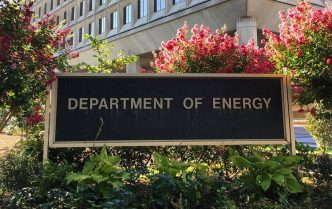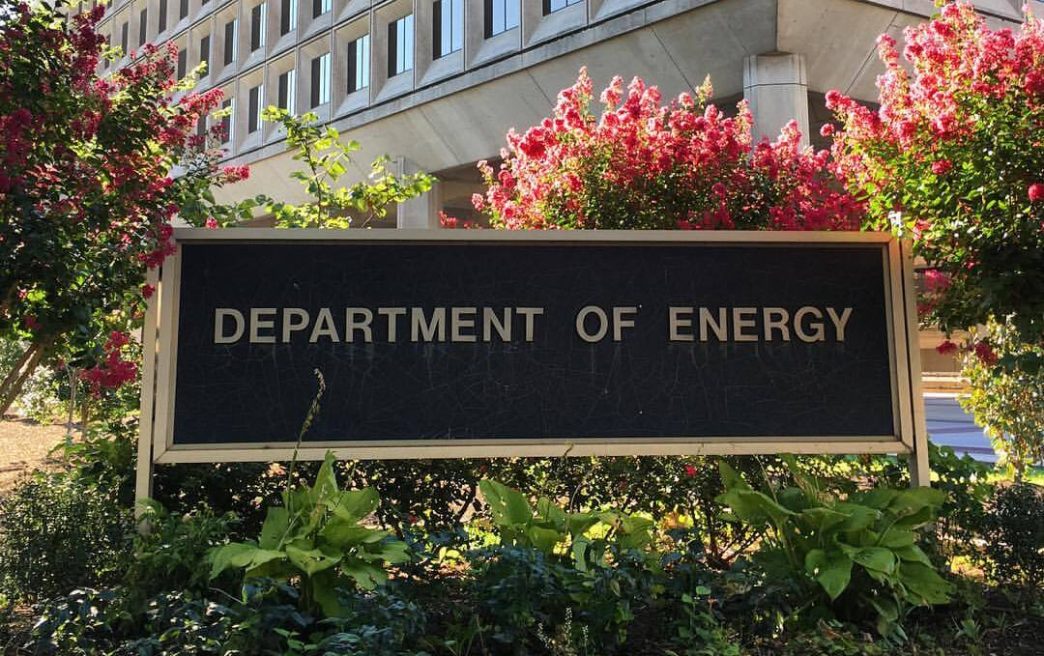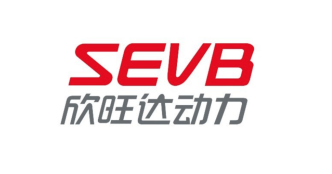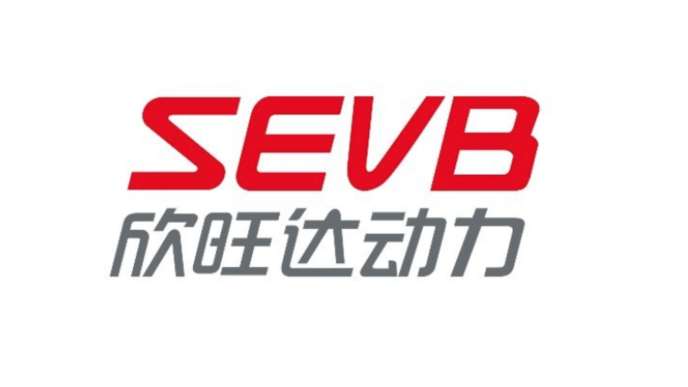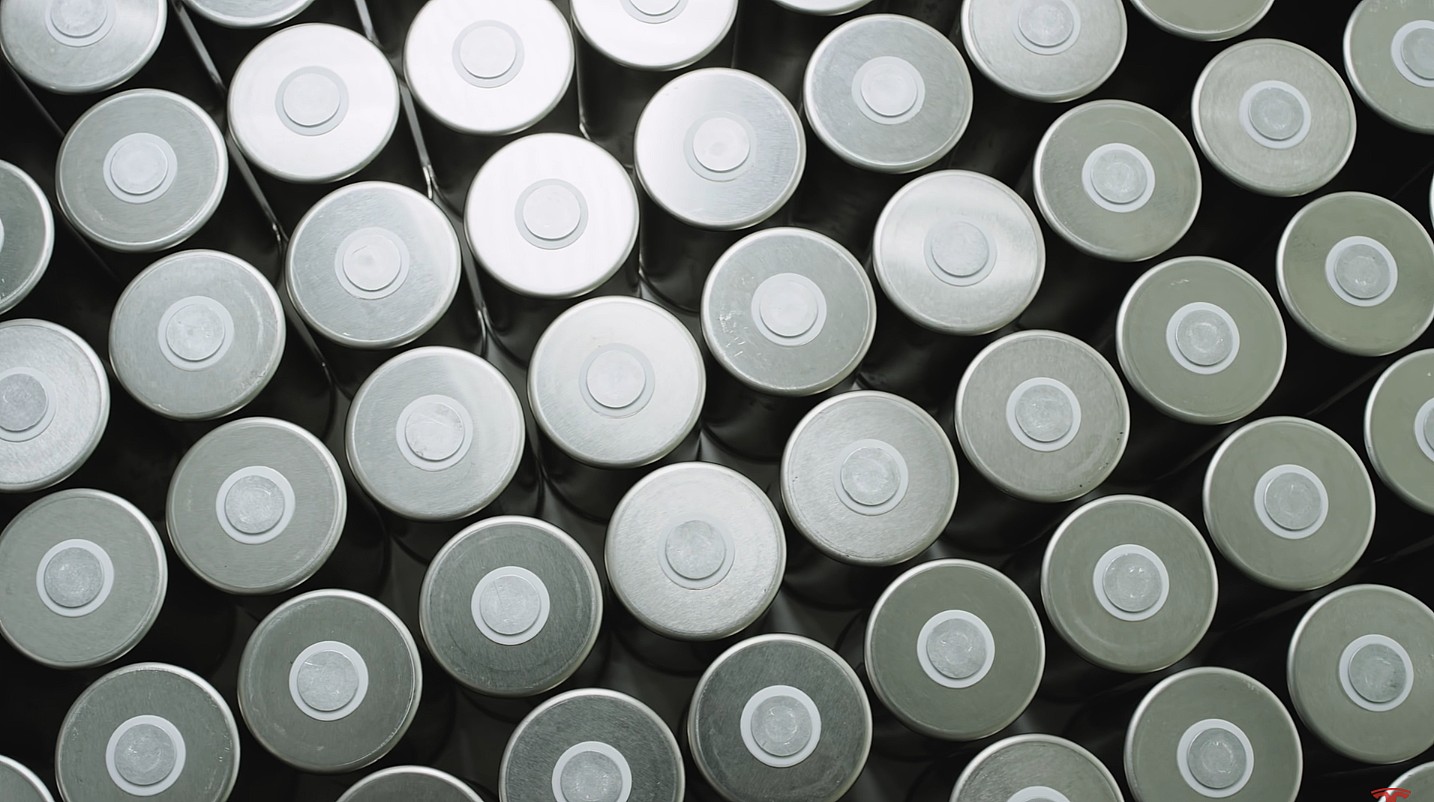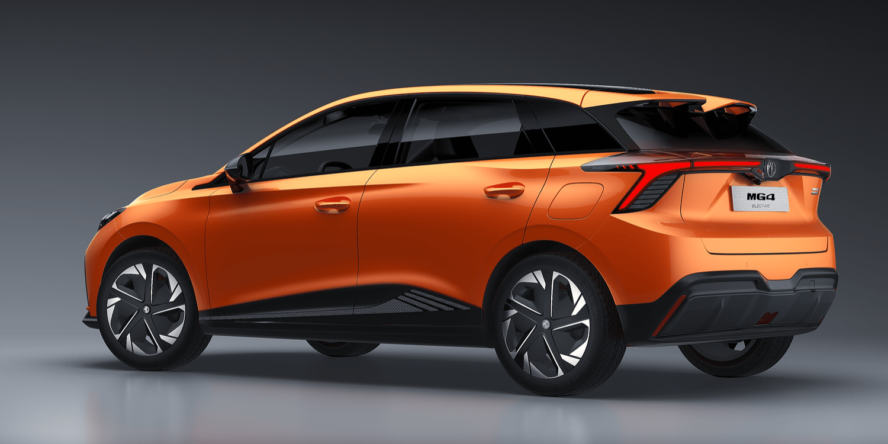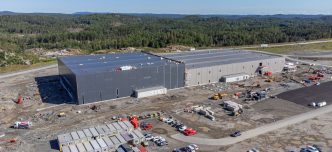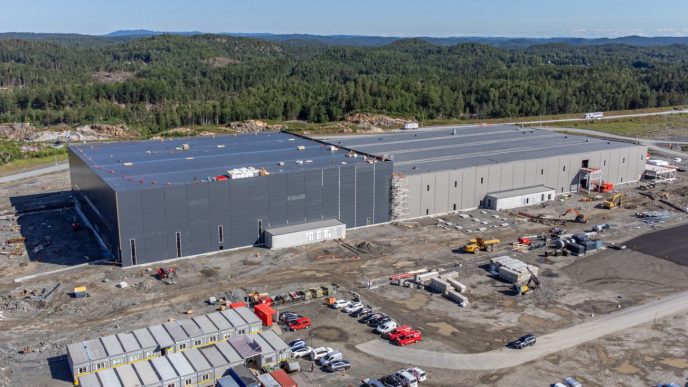The U.S. Energy Department announced on Monday the completion of a $9.63 billion loan to Blue Oval SK, a joint venture between Ford Motor and South Korea’s SK On, to support the construction of three electric vehicle (EV) battery manufacturing plants in Kentucky and Tennessee.
This marks the largest loan ever issued under the Advanced Technology Vehicles Manufacturing (ATVM) program, surpassing the $9.2 billion conditional commitment announced in June 2023. Blue Oval SK’s facilities will enable over 120 gigawatt hours of annual battery production in the United States, significantly expanding domestic EV manufacturing capacity.
The $9.63 billion loan will aid Blue Oval SK in its $11 billion investment to establish three state-of-the-art, 4-million-square-foot battery plants. The first Kentucky plant is slated to begin production in 2025, with the Tennessee facility following later that year.
The venture is critical to Ford Motor’s broader EV strategy, as the automaker aims to ramp up battery production for its next-generation EVs. SK On, the battery division of SK Innovation, brings cutting-edge lithium-ion technology to the partnership.
The announcement is part of the Biden administration’s broader push to incentivize clean energy technologies and boost domestic EV production. In recent months, the Energy Department has unveiled additional loans, including a proposed $7.54 billion for Stellantis and Samsung SDI to build two EV battery plants in Indiana, and $6.6 billion for Rivian to establish a Georgia-based facility for smaller, affordable EVs.
In December 2022, the Energy Department finalized a $2.5 billion loan to a joint venture between General Motors and LG Energy Solution for three lithium-ion battery factories across Ohio, Tennessee, and Michigan.
The timing of the finalized Ford-SK loan comes just weeks before President-elect Donald Trump, who has criticized EV incentives and clean energy initiatives, takes office. While the Biden administration has emphasized such investments as crucial for reducing dependence on foreign battery production, critics argue the programs heavily favor established automakers and foreign partners.
Nonetheless, Ford and SK On’s partnership underscores the escalating race to scale EV production as global automakers pivot to meet surging demand and stricter emissions targets.

